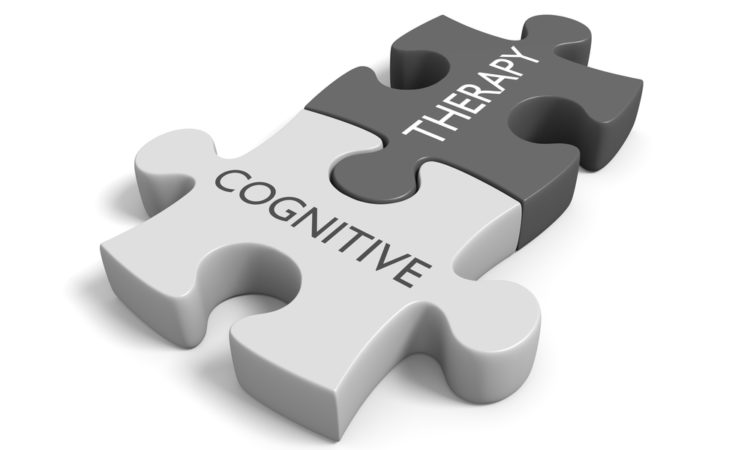
Changing the Tape – CBT and Depression
For many, the tape that plays in our head about who we are and what we see as our failures and downfalls can be brutal. We hear over and over all the criticism and negative comments that have built into this self-destructive tape that plays in our head. It can keep us in the place that limits our prospects, dampens our energy, and allows depression to take over our world.
Depression Interventions that have Shown Efficacy
Like most of mental health, interventions and successes are specific to the individual and the related co-morbidities. But there have been some approaches that have shown efficacy in reducing the impact of depression and depressive disorders. One of the enduring approaches for many has been CBT or Cognitive Behavioral Therapy.
Tele-Mental Health
There has been significant research that it is as effective online as in person therapy when guided by Counseling (Warmerdam, van Straten, et. al.,2010). See a mental health professional to determine if this might be an effective approach for your specific depression. Counseling is available on demand, and they offer a range of options for treating depression and related anxiety.
Cognitive Behavioral Therapy (CBT) addresses the attitudes, and behaviors that contribute to emotional distress (Freeman and Reinecke, 1995). “Cognitive models propose that a number of processes-including negativistic expectancies, dysfunctional attitudes or beliefs, biased attentional processes, cognitive distortions, problem-solving deficits, social skills deficits, and negativistic attributional style-may play a role in the development and maintenance of depressive disorders among adults” (Engel and DeRubeis, 1993). The “tapes in our head” that tell us about all of our deficits and negative characteristics can create and fester depressive disorders. Working with Mental Health Counseling the CBT process can guide one through a process of changing the expectancies and cognitive distortions toward a positive expectation and more self-worth. This may change the “tape” running to also be more positive which can reduce depression symptoms and can lead to a reduction in negativity.
Taking Control
One of the strong benefits of CBT in treating depression is the individual’s participation. Depression often is awash with hopeless and helplessness feelings. In CBT, the individual participates in the rethinking of where their strengths lie, and how they can be guided to stronger feelings of self-worth. The more the individual participates, the more effective CBT can be especially, in the counseling guided process. Look to the many Online, On Demand counselors with training and experience in CBT intervention.
Ready for Change
Taking time to work through exercises that reveal positive attributes, strengthen self-awareness, and provide new “tapes” and new expectations. Guided CBT will also help with the readiness to change process by examining the change process and defining the benefits and limits of change. Creating change plans will help with the resistance to change by allowing you to see incremental differences as irrational thoughts maybe replaced with rational beliefs.
Self-Care and Healing
A strong benefit of Cognitive Behavioral Therapy is the ability to focus time on yourself. To re-examine your beliefs, your expectations and to determine your strong assets. Self-care is about taking time for yourself, openness to new views and new techniques including change. Replacing the negative with the positive will go along for many fighting the battle with depression.
If anyone could help me, I’d be grateful. Hi, I’m new to this.